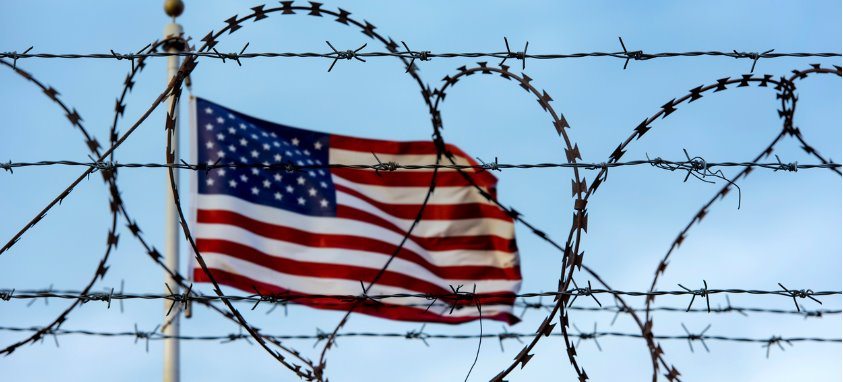The travel industry is watching what impact a U.S. Supreme Court ruling on Monday will have on travelers and pending cases challenging the Trump administration’s most recent version of a travel ban. In the meantime, the Supreme Court said travel restrictions on residents from eight countries (Chad, Iran, Libya, Syria, Somalia, Yemen, North Korea and Venezuela) could be enforced.
In reaction, John H. Graham IV, president & CEO of ASAE, said, “We’ll have to see what impact full enforcement of the travel ban has on international travel to the United States.” He said he will be monitoring travel not just from the affected countries, but from others as well. He added, “We’re concerned about the impact this ban and other traveler-vetting procedures are having on international travel to the U.S. Hopefully, we can get to a point where we’re addressing our national security concerns without discouraging people from coming here for tourism or business.”
A representative from U.S. Travel said that organization did not plan to update its statement from June urging the administration to “draw a brighter line” between its efforts to bolster national security and its desire to continue attracting valuable international business and leisure travelers “because the broader court case is proceeding.”
A spokesman from the White House told reporters he was “not surprised” by the Supreme Court decision permitting “immediate enforcement of the President’s proclamation limiting travel from countries presenting heightened risks of terrorism.” He called the third, and most recent version, of the ban “lawful and essential to protecting our homeland.”
Appeals pending in Hawaii and Maryland will be heard as early as this week.




